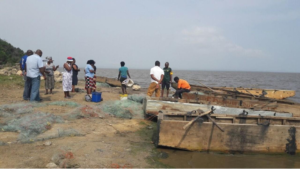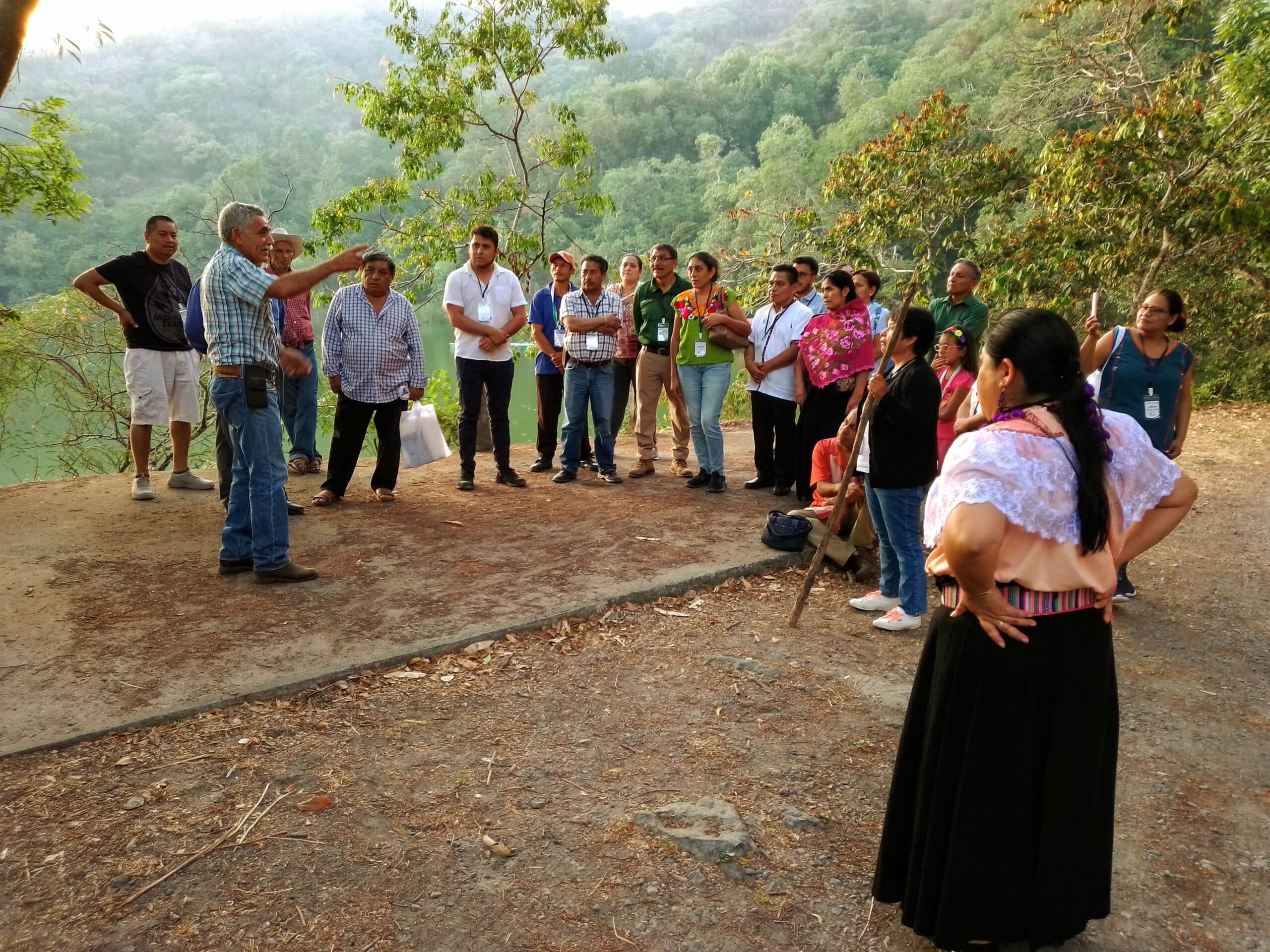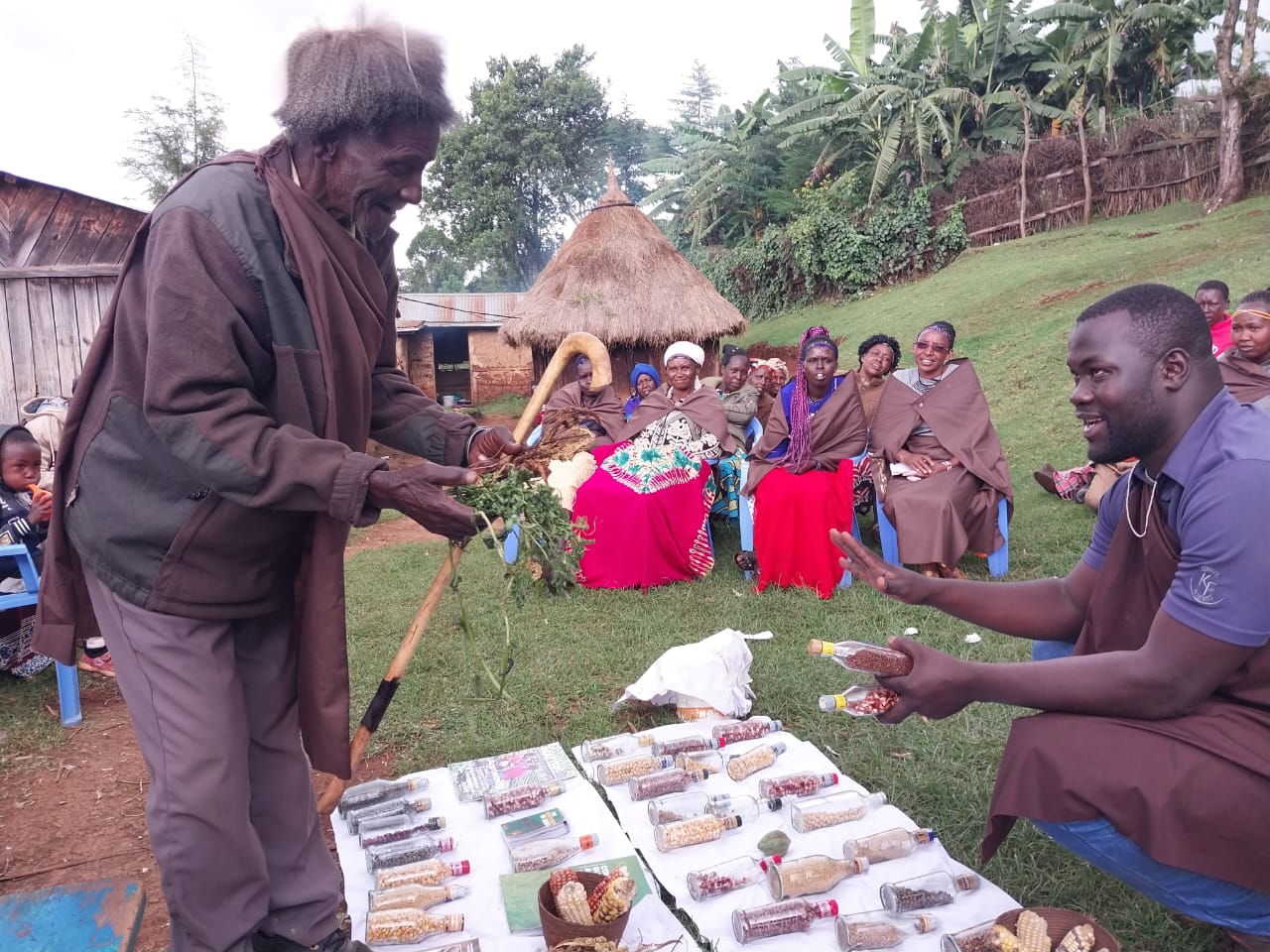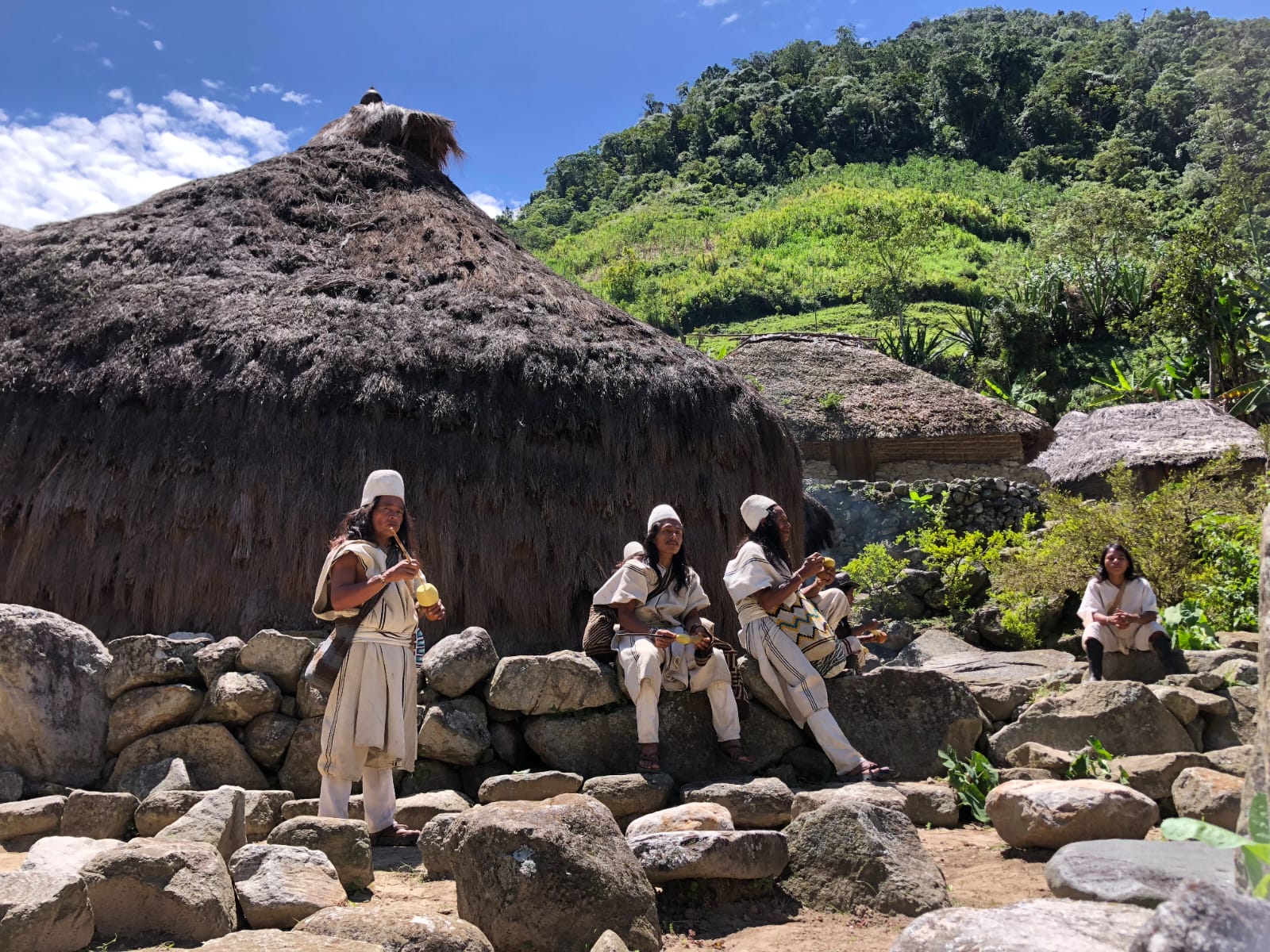On September 16, a young man was shot dead as he and his two friends were fishing on Lake St Lucia, adjacent to the ancestral territory and lands of the Nibela community in northern KwaZulu-Natal, South Africa. Celempilo Mdluli, reportedly 30 years old, was fishing with his friends Senzo and Duduzi when they were suddenly attacked by a group of wildlife rangers. Celempilo fell to the ground. The other two Indigenous fishermen say it was very dark, but they heard him begging for his life. Yet, three further shots were fired. After the incident, Celempilo’s body was taken to the local morgue. The conservation agency responsible for the rangers has yet to condemn the killing or indicate how justice will be served.
Nearly a month after the shooting, the police have yet to visit the crime scene or interview witnesses. The Nibela Indigenous traditional fishing community, whose ancestral lands lie on Nibela peninsula adjacent to the lake (the largest estuarine lake in Africa), are worried that justice will not be done for this young man and his family, and they fear for their own lives as they need to fish to feed their families. Members of the Nibela community have come to depend on the lake for fish as their basic food security as there are few other livelihood opportunities for them in this rural part of the province.
Rangers alleged in a local newspaper that the fishermen might have been rhino poachers. The conflict arises after the top-down imposition of a marine protected area and nature reserve around the area, which was subsequently declared a World Heritage Site in 1999. In 2008 it was renamed the iSimangaliso Wetland Park. Despite the Nibela’s ownership of their communal lands adjacent to the lake, the conservation and fisheries authorities have failed to consult them. The waters around the community have been zoned as a restricted area for the benefit of the ecotourism industry, from which the Nibela derive no benefit.
With support from Land is Life, the Nibela community has been able to secure the services of an independent pathologist to conduct an autopsy. The Legal Resources Centre, a human rights legal organization, is assisting in their struggle to find out why this happened and to ensure that those responsible are held accountable. Unfortunately, there is little interest in this case in South Africa—one of the most violent countries in the world, where deaths like this, caused by police or conservation officers, are not uncommon.
The Nibela indigenous fisher community is desperate to shine a light on what has happened and is calling for international solidarity to condemn the killing of a young fisherman and for justice to be served. Land is Life will continue supporting the Nibela community as they struggle to defend their right to fish in their own waters safely and sustainably, and to live in their territories free of violence.
Since 2019, Land is Life has coordinated an Indigenous-Led Security Fund in Sub-Saharan Africa to respond to threats to safety and security facing Indigenous communities and organizations across the region. This approach is also being piloted in the Amazon via our Regional Coordinator in Colombia. We are also exploring an additional pilot of this approach in Asia.




